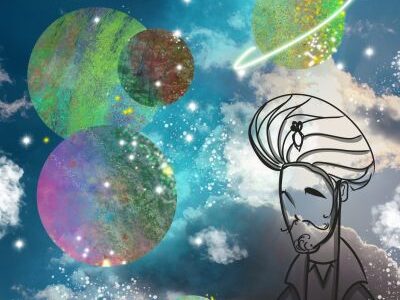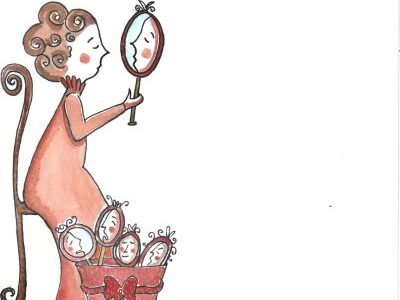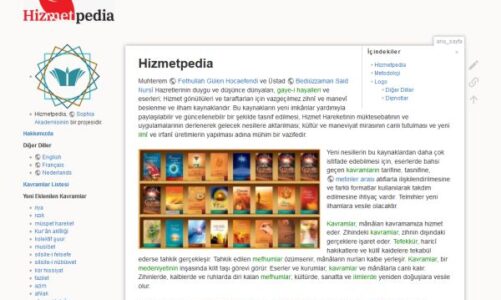Professor Said Işık, who has made remarkable contributions in the field of aortic surgery, shared the secret of his success with us.
We know how challenging medical education is. How did your student years go in this field? How did you acquire your work discipline?
Work discipline is crucial always and in any field. Achieving results without a planned work is nearly impossible. Planning tasks and organizing workflow are the most significant factors that facilitate solutions. No matter how difficult a task may be, when planned, it can be accomplished gradually and overcome.
Throughout my educational journey and afterwards, I have always emphasized the importance of organized work and discipline. Knowing that being knowledgeable about the tasks I need to overcome is the most crucial solution, I strived to fill in the gaps by studying and taking courses. I am still continuing to receive some training.
One of the habits I’ve maintained since elementary school and one of the most important pieces of advice I give to my cultivated friends is to use a notebook. I don’t know how many notebooks I’ve taken notes in until today. Even now, I can say I have 10 notebooks in my room. I remember that about 20 years ago, during my associate professorship preparation process, I filled up nearly 50 notebooks. Many of my friends became associate professors by studying from my notebooks. My advice to every young person I meet, and to you as well, is this: Get used to writing, create summaries, and always have your own archive. Not every day of a student is the same. Sometimes there are golden hours, and sometimes there are other hours. The important thing is to quickly return to the golden hours without extending the bad ones.
It is known that surgeons dedicate hours of effort in an operation. You have years of experience in such a challenging and important profession. Could you please share with us some of your unforgettable memories?
Being a doctor is a demanding profession. And Surgery is a field that requires serious sacrifice. I have been involved in the field of medicine for about 36 years and in surgical work for 28 years; I have thousands of memories.
Four years ago, as a result of injustices, I ended up in prison. After a while, I was released. The day after my release from prison, I went to the university in the morning. During those hours, I received a call from the hospital, and they told me they were waiting for a surgery. In fact, I had no knowledge of such a surgery. I urgently went to the hospital and underwent the surgery. The surgery was successful. Later, I heard that the patient’s son had said the day before, “I wish the professor had also been part of this surgery.” I realized that I had been released through the prayer of that pure soul.
We know that your family members are doctors. What advice would you give to young people who want to choose this profession?
I married a doctor; I recommend it to those who are not doctors as well. At least you can find solutions to your health problems more quickly! My daughter is also a medical doctor, so the “art of medicine” is experienced threefold at home. For young people who are considering the medical profession, I can offer this advice: No matter which profession you choose, you must love the work you do; otherwise, you and your counterparts won’t benefit from it. You can stand for hours during a surgery. Your nights and days become indistinguishable, but if you love your work, you’ll be beneficial to people. When they say “Thank you, doctor,” even once, the world is yours. Bediüzzaman Hazretleri describes the medical profession as both a science and an art that reflects the names of our Lord. Those who aspire to be artists should choose this art first. When choosing a profession, listen to the voice of your conscience. Conscience always tells the truth.
We also know that you write articles. You’re sharing your knowledge through writing as well. What kind of feeling is this?
It could be said that it happened somewhat out of necessity. I’ve been scribbling things since I was a child. I already enjoyed writing. My friends mentioned that writing on a few topics could be beneficial. It wasn’t easy for me, but I tried my best to learn how to write, to do what I could. Let me highlight an important point: To write 1 original page, you need to read 100 pages. If you want to discuss matters outside your field, research becomes even more important. Finally, I’d like to point out that without curiosity, reading, observation, contemplation, discussion, and conversation on any issue, it’s not possible to establish a firm foundation and expertise in that subject.




